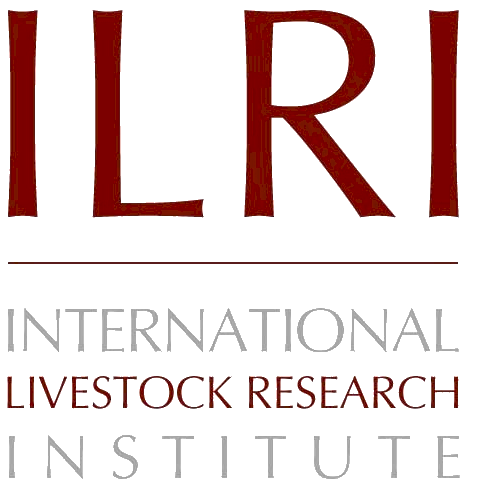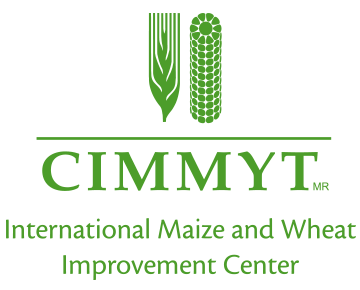
Abstract: Renewed interest in quantifying greenhouse gas emissions from soil has led to development and application of multitude of techniques. But, chamber-based flux measurement technique is most common and frequently used method for GHG flux measurement in smallholder production systems. Despite the apparent conceptual simplicity of chamber-based methods, chamber design, deployment, and data analyses can have marked effects on the quality of the flux data derived from chamber-based measurement. This also have implications on making comparisons of GHGs emissions from the studies by various researchers even within similar cropping systems and management practices. Therefore, harmonization of GHGs emission studies by chamber based method is necessary. This synthesis provides standard guidelines to scientists involved in GHG quantification by using chamber based methods as well as to facilitate inter study comparison. As any methodology or protocol, chamber methodology has also gone rigorous modification, refinement and improvement over time. Further, type of materials used, dimension, place and time of deployment, sampling time and frequency and analysis method differs slightly from location to location based on the systems being studied, resources availability and so on. Efforts have been made to summarize minimum requirement but also highlighting the need of site-specific consideration. Adoption of harmonized methods that is sensitive and unbiased will result into less error and allows accurate interpolation and extrapolation over time and space.








